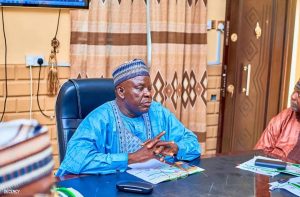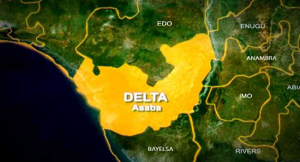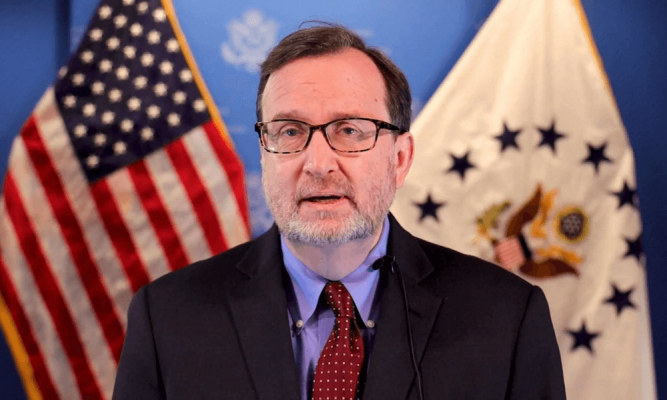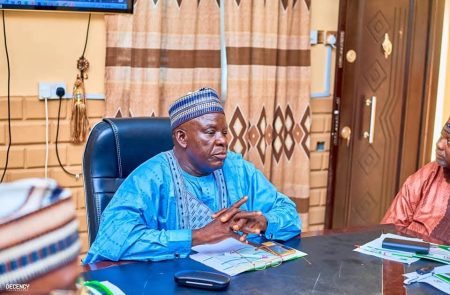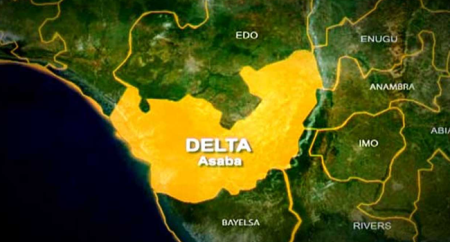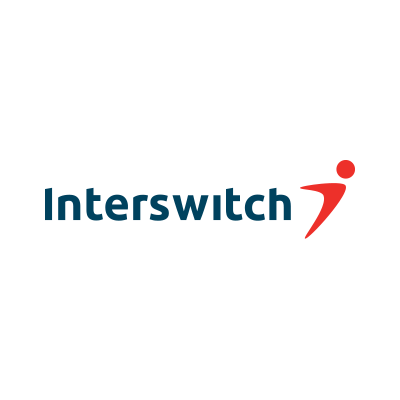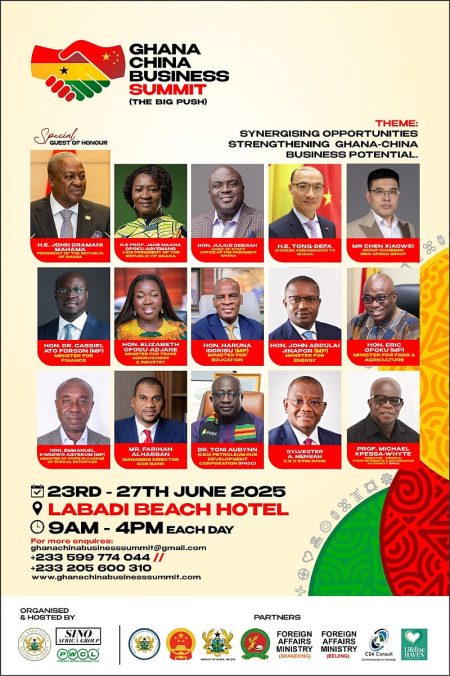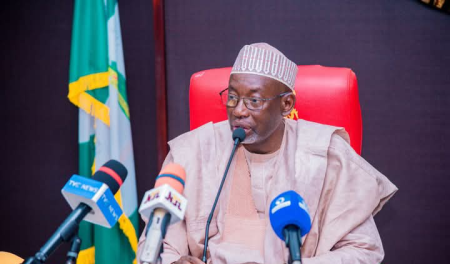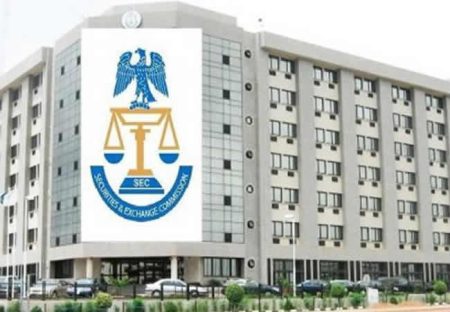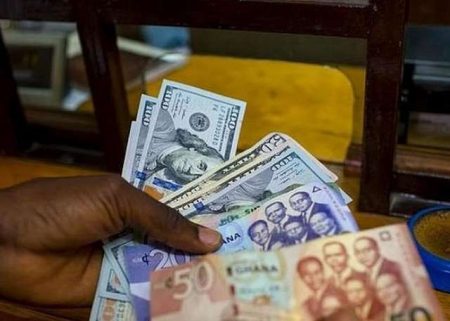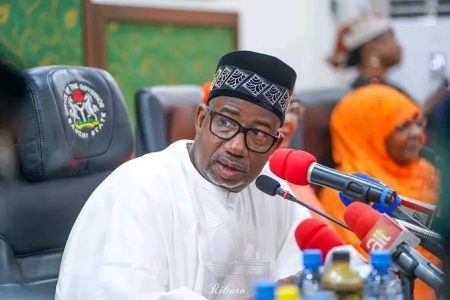Paragraph 1: A New Era of US-Nigeria Economic Engagement
The United States is embarking on a significant shift in its economic relationship with Nigeria, pivoting from traditional aid-based models to a more dynamic, private sector-driven approach. This strategic realignment, as articulated by US Ambassador to Nigeria, Richard Mills Jr., emphasizes fostering direct investment in key sectors of the Nigerian economy. A prime example of this new focus is the Lagos Free Zone (LFZ), a burgeoning special economic zone that has captured the attention of the US diplomatic mission. The LFZ, with its world-class infrastructure and strategic location in the heart of West Africa’s largest economy, presents a compelling opportunity for American businesses seeking to tap into the vast potential of the African market. This shift signals a deeper, more sustainable engagement that leverages the power of private enterprise to drive economic growth and development in both nations.
Paragraph 2: The Lagos Free Zone: A Magnet for Foreign Investment
The Lagos Free Zone, a privately managed special economic zone strategically located in Lagos State, Nigeria’s commercial hub, is rapidly becoming a preferred destination for foreign investors. Spanning 860 hectares, the LFZ boasts state-of-the-art infrastructure designed to facilitate seamless business operations. Features such as a single clearance window streamline bureaucratic processes, while a comprehensive ecosystem encompassing Lekki Port, warehouses, standard factories, and essential utilities like CNG, broadband connectivity, and medical facilities, ensures a conducive environment for businesses to thrive. The presence of major American brands like Kellogg’s and Colgate already operating within the zone serves as a testament to its attractiveness and potential for success.
Paragraph 3: Unlocking the Potential of Trade Initiatives
Ambassador Mills Jr. highlighted the underutilization of trade initiatives like the African Growth Opportunity Act (AGOA) by Nigerian businesses. Enacted 25 years ago, AGOA offers preferential trade terms to eligible African countries, allowing duty-free access to the US market for a wide range of products. This untapped potential represents a significant missed opportunity for Nigerian businesses to expand their reach and integrate into global supply chains. Ambassador Mills stressed the importance of leveraging such agreements and exploring bilateral trade opportunities to deepen economic ties between the US and Africa. The forthcoming 2025 U.S.-Africa Business Summit in Angola is poised to provide a valuable platform for Nigerian businesses to connect with US investors and explore mutually beneficial partnerships.
Paragraph 4: The LFZ: A Catalyst for Economic Growth and Job Creation
The Lagos Free Zone is not just an investment destination; it’s a catalyst for economic transformation in Nigeria. Its impact extends far beyond its physical boundaries, contributing significantly to the nation’s economic prosperity and job creation. The Zone has spurred increased economic activity, generating thousands of employment opportunities for Nigerians. Furthermore, the LFZ plays a crucial role in driving exports, with businesses within the zone actively leveraging trade agreements like the African Continental Free Trade Agreement (AfCFTA) to access broader markets. This dynamic ecosystem fostered by the LFZ demonstrates the positive ripple effects of strategic investment and its potential to drive sustainable economic development.
Paragraph 5: Strengthening Infrastructure for Enhanced Connectivity
The ongoing development of critical infrastructure projects, such as the Lagos-Calabar Coastal Highway and the proposed rail alignment, promises to further enhance the LFZ’s connectivity and logistical capabilities. These improvements will streamline cargo evacuation, reduce transportation costs, and facilitate smoother trade flows. The commitment of the Federal Government to these infrastructure projects underscores its recognition of the LFZ’s strategic importance in driving economic growth. Improved infrastructure will not only benefit businesses operating within the zone but also contribute to the broader development of the surrounding region, creating a more interconnected and prosperous economic landscape.
Paragraph 6: A Call for Collaboration and Investment
The US diplomatic mission has expressed its commitment to promoting the Lagos Free Zone as a prime investment destination for American businesses. Ambassador Mills’ visit and subsequent endorsement of the LFZ signals a strong vote of confidence in its potential. The LFZ’s CEO, Adesuwa Ladoja, has echoed this sentiment, urging the US diplomatic community to actively encourage American businesses and investors to consider the Zone as their investment destination of choice. This collaborative effort between the US and Nigerian stakeholders underscores the shared vision of fostering economic growth through private sector engagement. The Lagos Free Zone, with its strategic location, world-class infrastructure, and supportive ecosystem, stands poised to become a key driver of economic prosperity in Nigeria and a symbol of the deepening economic partnership between the United States and Africa.


